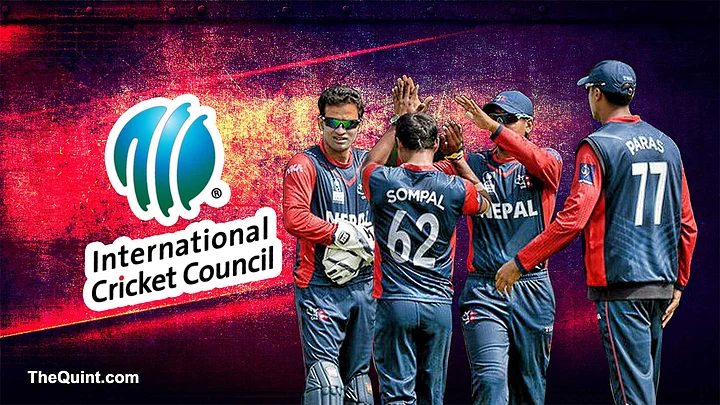One of the laziest ways to motivate people to do what you want is to employ the “carrot or the stick” technique.
It’s how we used to train horses. Do as you want and the horse get a carrot. Disobey, and they get a whack on the hide.
It is lazy because it ignores a person’s motivators and drivers other than the natural inclination to avoid pain. It abuses power and ignores reasons for non compliance.
It is how the ICC are currently choosing to keep the weak in line.
Let’s take a look at the current situation in Nepal.
Like almost every board not run by independents, it is in constant flux. Court challenges, allegations of dodgy elections and mismanagement. The Nepalese government decided enough was enough and installed an interim board until such time as it worked through the issues.
Something similar recently happened in Sri Lanka. The same typical issues led to the government disbanding the board and installing interim members to work through the mess.
Today, we heard that the South African sports minister has banned Cricket South Africa from pitching for any ICC events due to not reaching quota targets of black players in the national teams.
The BCCI has a sitting member of parliament as its secretary. This secretary had sufficient influence to ensure that some ICC World Twenty20 games were played in his home town of Dharmasala.
In that same tournament, the Pakistan team had to wait for formal government permission before they could participate.
These are just some random examples of how governments interfere with cricket around the world.
The ICC don’t like it. We know this because Article 2.9 of the ICC’s Articles of Association prohibits government interference.
They are not alone. FIFA have the same rule, as do many other international sporting bodies.
But it’s how the ICC respond and enforce this rule that makes interesting reading.
In Nepal’s case, they have been banned from the ICC until further notice. This means that all funding is now stopped, but the team can still participate in ICC events. The ICC are therefore saying that the Nepalese government are less trustworthy with their money than the previous fractured board.
In Sri Lanka’s almost identical case, all they received was a nasty letter.
South Africa can basically do as they like. The ICC have never threatened them with anything, despite the most blatant government interference being hard coded in the way of player quotas.
Pakistan are yet to be told they were breaking the rules.
Guffaws of laughter break out when anyone suggests that India will be punished for being in contravention of the articles.
Can you imagine the ICC trying to enforce its articles as it should?
“Sorry BCCI. You can’t have your percentage of revenue until the Supreme Court gets its nose out of your affairs.”
Because according to the articles, that’s exactly what should happen.
This nonsense is compounded when you consider the impacts on lesser nations.
For Nepal, the ICC funding earmarked for the development of young players is now missing. It punishes the innocent. It stifles growth. It actually makes the situation worse.
Nepal, a country just a few steps away from being the next Afghanistan, is being hobbled by the body with the most to gain from its growth.
The stick is considered a way to control administrative politics. Instead, it ruins the dreams of kids.
So why the difference in response?
I’ll leave you to conclude that yourself.
But I don’t expect you to take very long to work it out.
(At The Quint, we question everything. Play an active role in shaping our journalism by becoming a member today.)
